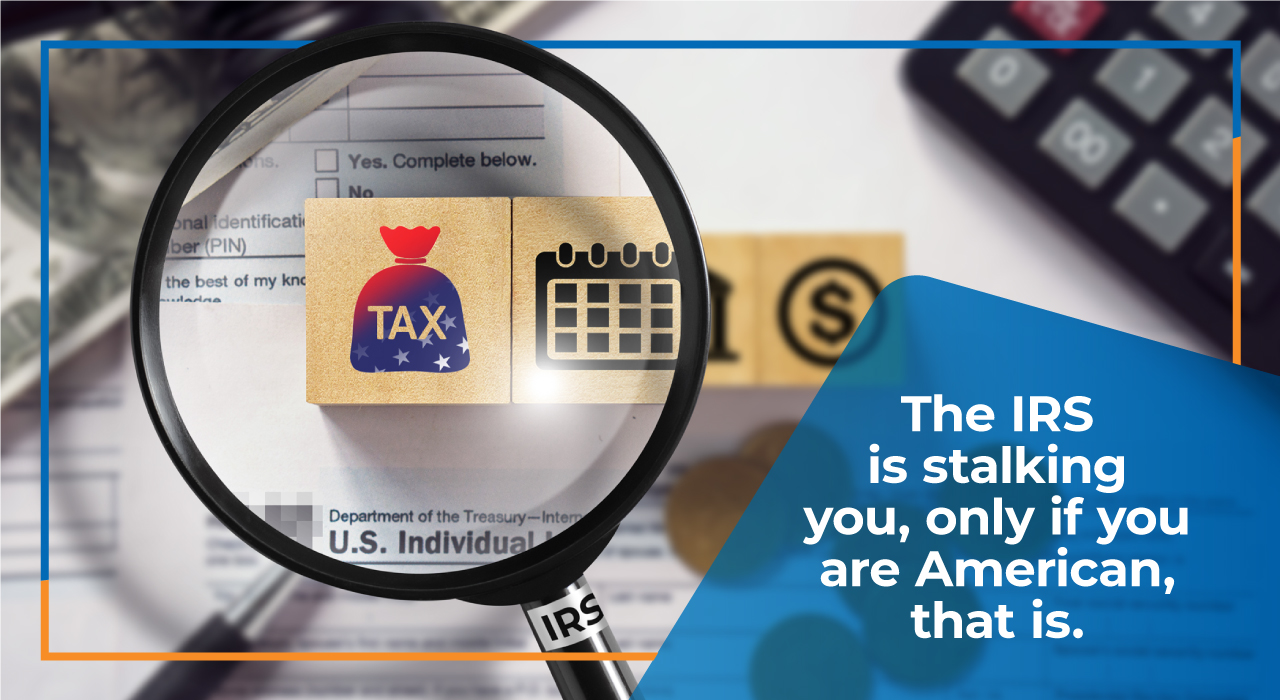What are DNFBPs?
Designated Non-Financial Businesses and Professions (DNFBPs) are not primarily financial entities, but they are notoriously vulnerable to money laundering and terrorist financing risks. This vulnerability enhances the urgency for DNFBPs to engage with specialised Anti-Money Laundering (AML) services for their protection.
DNFBPs are businesses and professions that are subject to regulation due to their risk of being laundered for money or terrorist financing. The Financial Action Task Force (FATF), the global anti-money laundering and terrorist financing force, has identified specific sectors as potential weak spots in countries’ anti-money laundering frameworks. These sectors fall under the group of Designated Non-Financial Businesses and Professions.
Finding our Accounting & Bookkeeping content interesting?
world-class services.
THE FIRST CONSULTATION IS FREE!
Who are Considered DNFBPs in the UAE?
In the UAE, the following entities are classified as DNFBPs:
1. Real Estate Agents and Brokers: Individuals or firms buying and selling real estate properties.
2. Dealers in Precious Metals and Stones: Entities and merchants who sell and purchase precious metals and stones ( gold, diamonds, and other valuable goods).
3. Lawyers, Notaries, and Other Independent Legal Professionals: Professionals who provide legal advice and assist in the planning or executing of client transactions. A lawyer or legal services provider assisting in different legal issues for customers.
4. Accountants and Auditors: Individuals who freelance accounting services outside typical financial institutions. An accountant or auditor who serves professionally to organise financials for a group of companies while dealing with different accounting activities
5. Corporate Service Providers: Firms that provide services related to establishing and operating corporate entities.
Why are DNFBPs Prone to AML and Other Financial Crimes?
One common aspect of sectors and individuals framed as DNFBP is the opportunity to transact business in cash or unrecorded financial transactions.
DNFBPs handle significant amounts of money and often engage in transactions that can obscure the origins of funds. Here are specific reasons why they are particularly vulnerable:
Complex Transactions: Transactions involving real estate, legal arrangements, or corporate services can be complex and opaque, making it easier to conceal illicit funds.
High-Value Deals: Transactions, especially in real estate and precious metals, involve significant sums, which can be a target for those looking to launder money.
Limited Oversight: Historically, these sectors have had less stringent regulatory oversight than financial institutions, though this is changing.
Professional Expertise: Exploitation of Lawyers, accountants, and other professionals’ specialised knowledge to devise sophisticated schemes to launder money.
In the UAE, Designated Non-Financial Businesses and Professions (DNFBPs) play a crucial role in the financial system. They have specific responsibilities and protections under the UAE’s AML-CFT laws, which shield them from ML/ TFS. Understanding and adhering to these Anti-Money Laundering and Combating the Financing of Terrorism (AML-CFT) regulations is a legal requirement, and a necessary step for DNFBPs to maintain their legal reputation.
Overview of AML/CFT Laws in the UAE :
The Anti-Money Laundering (AML) and Combating the Financing of Terrorism (CFT) laws in the United Arab Emirates (UAE) are a part of the regulatory framework designed to combat financial crimes within the nation.
These laws underpin regulations the Financial Action Task Force (FATF) sets. The critical components of the UAE’s AML/CFT regulatory framework include:
Federal Decree-Law No. 20 of 2018: The Law states that all financial institutions and DNFBPs must identify, assess, and take adequate measures to mitigate money laundering and terrorist financing risks.
Cabinet Decision No. 10 of 2019 on the Implementing Regulation of Decree-Law No. (20) of 2018: This decision provides detailed guidance on the practical implementation of the AML/CFT regulations, outlining specific procedures and requirements for compliance, risk assessment, due diligence, and reporting obligations.
Critical Responsibilities Under AML-CFT Laws
DNFBPs are subject to stringent regulations designed to prevent financial crimes. Here are the fundamental obligations DNFBPs must fulfil according to the Law:
- ·DNFBPs must identify, assess, and understand potential money laundering and terrorist financing risks.
- They must map measures to define the scope of their business dealings explicitly.
- DNFBPs must appoint a compliance officer with appropriate qualifications and expertise, adhering to the standards set by the Supervisory Authority
- Adequate management and information systems, as well as internal policies, are mandated to mitigate risks and ensure effective implementation of these systems.
- Entities must have mechanisms to identify suspicious transactions.
- DNFBPs must report suspicious activities to the Competent Authorities and cooperate fully with them.
- Proper record-keeping is required to support transparency and facilitate investigations.
Exemptions and Protections
The AML-CFT regulations provide certain exemptions from reporting obligations under specific conditions, particularly for legal professionals who might obtain sensitive information during their duties. Moreover, Designated Non-Financial Businesses and Professions, their employees, and board members are protected from administrative, civil, or criminal liabilities when they report suspicious activities in good faith, even if the underlying criminal activities are not proven.
Statutory Prohibitions
DNFBPs are prohibited from engaging in several types of activities:
– Establishing anonymous or pseudonymous customer relationships.
– Dealing with shell banks.
– Using secrecy as a pretext for non-compliance.
– Issuing or facilitating bearer shares.
Importance of Compliance
Recent Enforcement Actions Underscore Compliance Imperatives for UAE’s DNFBPs
The UAE Ministry of Economy in 2018 fined eight Designated Non-Financial Businesses and Professions companies a total of AED 3,550,000 for failing to comply with anti-money laundering and combating the financing of terrorism (AML/CFT) regulations. These companies, including real estate agents, auditors, and precious metals dealers, were part of a larger initiative to ensure adherence to the Federal Decree-Law No. (20) of 2018 and related laws. The enforcement highlights the Ministry’s commitment to maintaining rigorous compliance standards in line with international best practices set by the Financial Action Task Force (FATF).
The Ministry of Economy in the UAE has taken significant enforcement actions to ensure compliance with AML/CFT regulations. These actions, including fines and penalties, underscore the potential risks of non-compliance for DNFBPs. The Ministry’s focus on education and support also highlights the importance of DNFBPs improving their internal procedures and ensuring legal compliance. This is essential for securely integrating the UAE’s economy with the global market and avoiding penalties, contributing to the worldwide effort against financial crimes.
The Specialised Role of Nair and Nelliyatt
At Nair and Nelliyatt, a system focusing on prevention is the fundamental process to be set up. We specialise in assisting DNFBPs in the UAE with their AML compliance, focusing on creating a protective ambience for companies and individuals to transact financials safely.
Suitable compliance mechanisms are not a regulatory requirement but a critical component of safeguarding your business. At Nair and Nelliyatt, we are committed to supporting DNFBPs in the UAE through a comprehensive suite of services designed to enhance their AML compliance framework.
We conduct thorough risk profiling to identify and categorise your business’s specific risks. We then conduct detailed risk assessments that provide deep insights into how these risks could impact your operations.
To assist you further, our compliance assistance service helps you understand and implement the required regulations. Our AML Health Check service reviews and evaluates your current AML procedures, identifying areas for improvement and helping to reinforce your defences against potential threats.
At Nair and Nelliyatt, we understand the challenges Designated Non-Financial Businesses and Professions (DNFBP) face and equip you with the skill and wisdom needed to thrive in a secure business environment. Let us help you build a more substantial, resilient business ready to grow and prosper, free from legal complications and aligned with global compliance standards.




